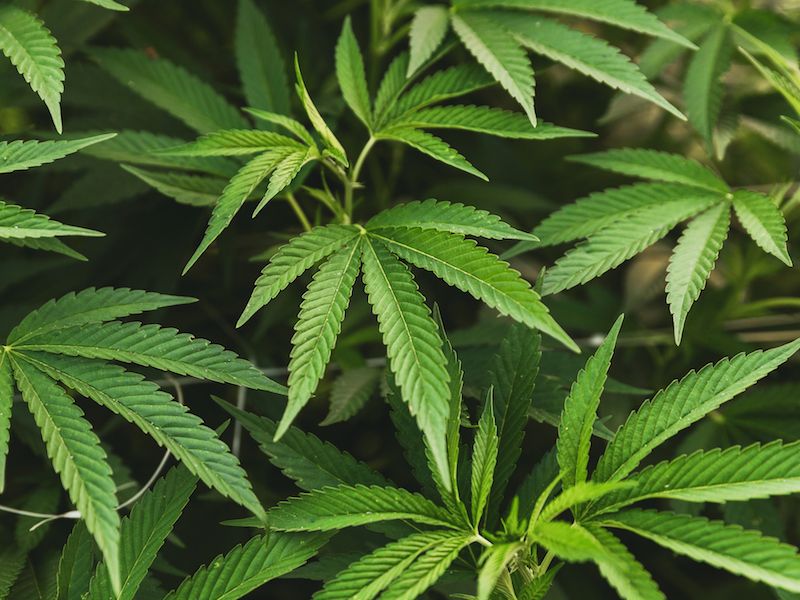
Public opinion surrounding marijuana and cannabinoids have transformed remarkably in the last several decades. THC, cannabinoids, and even marijuana are legal for medical use in the majority of states. Not as many states have legalized marijuana for recreational uses, but even that would have been impossible even just ten or fifteen years ago.
A group of substances derived from the cannabis plant (the marijuana plant, essentially) are called cannabinoids. Despite their recent decriminalization in some states, we’re still uncovering new things about cannabinoids. Despite the fact that we now are beginning to understand the numerous medical positive aspects of these compounds, it has been acknowledged for some time that tinnitus may be activated by cannabinoids.
Numerous Kinds of Cannabinoids
There are many varieties of cannabinoids that can be consumed now. It isn’t just weed (or ganja, or pot…..ok, there are a lot of nicknames for marijuana so let’s move ahead). These days, THC and cannabinoids are available in pill form, as lotions, as inhaled mists, and lots of others.
Each state has it’s own regulations regarding which forms of cannabinoids you can get, and many of those varieties are still officially illegal under federal law if the amount of THC is more than 0.3%. That’s the reason why many people are rather careful about cannabinoids.
The concern is that we don’t yet grasp much concerning some of the lasting side effects or risks of cannabinoid usage. One example is the new information about how cannabinoids affect your hearing.
Cannabinoids And Your Hearing, Some New Research
Whatever you want to call it, cannabinoids have long been linked to helping a large number of medical conditions. Based on evidence that is anecdotally available, conditions including vertigo, nausea, seizures, and countless more appear to be helped by cannabinoids. So is it possible that cannabinoids help with tinnitus? That’s what scientists resolved to figure out.
Seems as if cannabinoids might actually cause tinnitus. Ringing in the ears was recorded by over 29% of participants after using cannabinoids. And that’s in individuals who had never dealt with tinnitus before. What’s more, marijuana users were 20-times more likely to report experiencing tinnitus symptoms after 24 hours.
Added research suggested that marijuana use could exacerbate ear-ringing symptoms in individuals who already deal with tinnitus. This basically means, there’s some very strong evidence that tinnitus and cannabinoids don’t really mix all that well.
How Cannabinoids worsen tinnitus
Your tinnitus can be worsened by cannabinoids in a couple of concrete ways. First off, the incidents of tinnitus symptoms can become more frequent, you might notice the ringing or buzzing in your ears more frequently. Also, your bouts of tinnitus can get more intense when you’re using cannabinoids. The discomfort from the ringing may get louder or harder to just ignore.
The study also seems to reveal that cannabinoids are capable of causing the onset of the initial symptoms of tinnitus. To put it a different way: after you begin using cannabinoids you may develop tinnitus symptoms even if you didn’t have them before.
It’s Still Not Clear What Causes Tinnitus
Just because this link has been discovered doesn’t actually mean the root causes are very well understood. That cannabinoids can have an impact on the middle ear and on tinnitus is pretty clear. But it’s far less evident what’s causing this impact.
But we do know that marijuana is one of the few frequently used mood-altering substances that causes tinnitus (alcohol, for example, hasn’t been demonstrated to have a direct connection with tinnitus).
Of course, we will keep doing research. Cannabinoids today come in so many varieties and forms that learning the fundamental connection between these substances and tinnitus could help people make smarter choices.
Beware The Miracle Cure
Lately there has been a ton of hype created around cannabinoids by marketers. In part, that’s the result of changing perceptions surrounding cannabinoids themselves (and, it could also reveal that people are trying to get away from opioid use). But this new research makes it clear that cannabinoids can and do create some negative effects, particularly if you’re worried about your hearing.
The marketing for cannabinoids has been extremely aggressive and you can’t totally steer clear of all of the enthusiasts.
But cannabinoids and tinnitus are clearly associated based on this research. So if you suffer from tinnitus, or if you’re worried about tinnitus it may be worth avoiding cannabinoids if possible, no matter how many advertisements for CBD oil you might come across. It’s worth being cautious when the connection between cannabinoids and tinnitus has been so firmly established.

